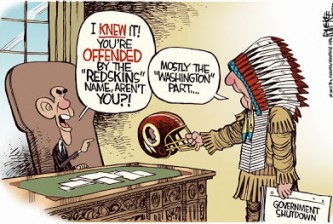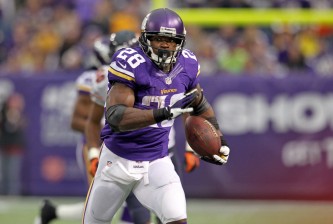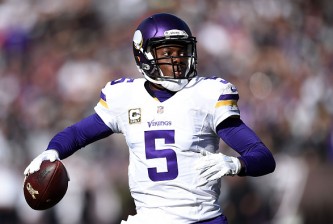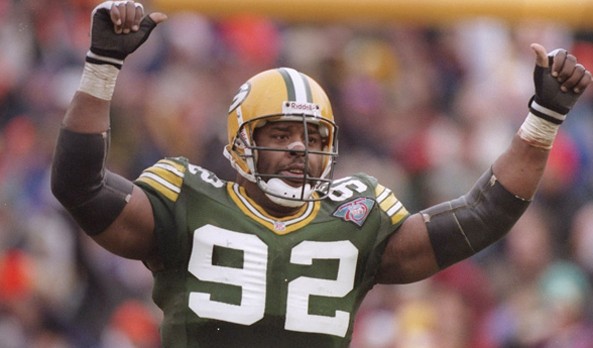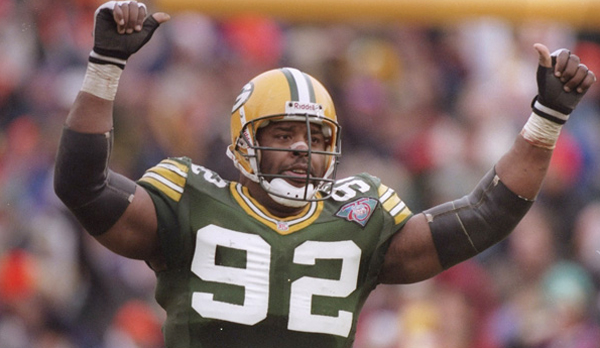
"Upon further review" is a recurring segment in which This Given Sunday analyzes quirks and fascinating tidbits from the NFL's history books.
The first "real" free agency period took place only 21 years ago this spring.
Hard to believe, isn't it? Before that, players — or at least decent ones — just didn't switch teams.
Free agency existed before then, but it really didn't. For many years, teams could sign players away from teams, but they'd be forced to give up draft picks to the player's original team as compensation. As a result, it rarely happened. Until 1989, teams with "free agents" had right of refusal and would receive compensation.
And between 1989 and 1992 — under what the league termed "Plan B" free agency — teams could protect up to 37 players on their roster from becoming free agents. In other words, if you started or were in any way valuable, you weren't going anywhere.
But several players defeated the league in an antitrust lawsuit in '92 and the floodgates opened from there. Reggie White famously jumped from the Eagles to the Packers that spring. Deion Sanders went from Atlanta to San Francisco and then to Dallas two years later. Before we knew it, Jerry Rice was somehow a member of the Oakland Raiders.
The real fun part of looking back on this is league officials reacted to losing in court and the real berth of free agency.
From a 1992 New York Times story on antitrust ruling:
The case was widely viewed as a key to the financial future of the NFL. A lawyer for the league warned in closing arguments that a verdict for the players could mean "the destruction of the National Football League as we know it." … The league, which had argued that its system of free agency was essential to maintain competitive balance among the 28 teams, said it would appeal the decision.
Seriously? Seriously.
At that point, five teams had won the last 11 Super Bowls. At this current stage, with free agency booming, nine teams have won the last 10.
At that point, 12 teams had won the first 26 Super Bowls (46 percent). Since then, 13 teams have won the 22 Lombardi Trophies that have been handed out (59 percent).
Free agency actually helped parity. It helped diversify the way in which teams could become good. Before that, it was just the draft. Now, there's a second avenue available.
As far as the destruction of the NFL point goes? Of course, the league has exploded to whole new levels the last two decades. At that point, the NFL made less than $2 billion in annual revenue. That has since grown by over 400 percent to the $10 billion range. New collective bargaining agreements, exploding TV contracts and smarter revenue-sharing models help, but there's no doubt that free agency has worked to make the game more entertaining, more fair and more lucrative.




















